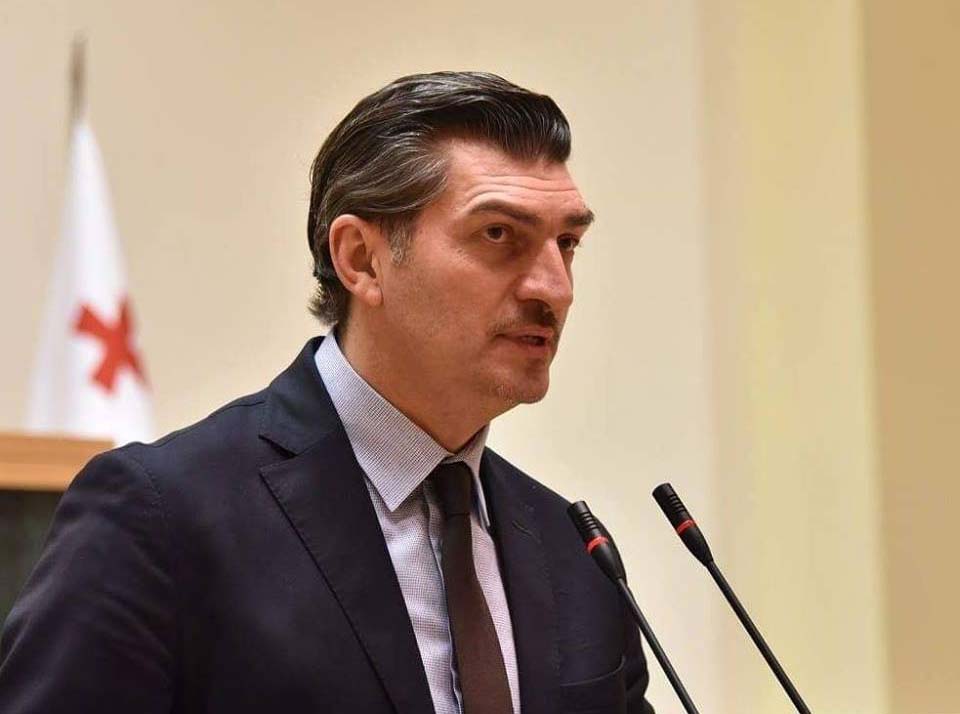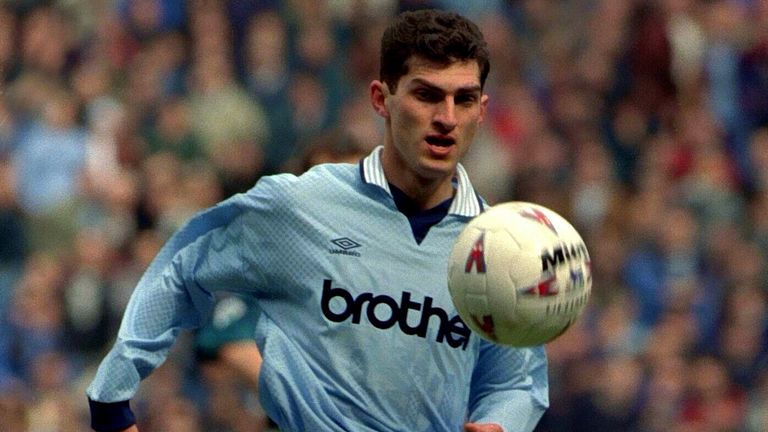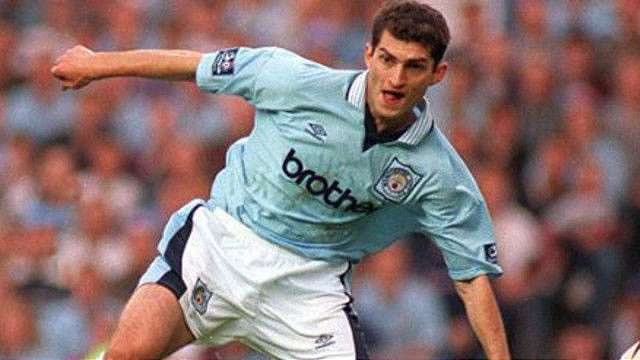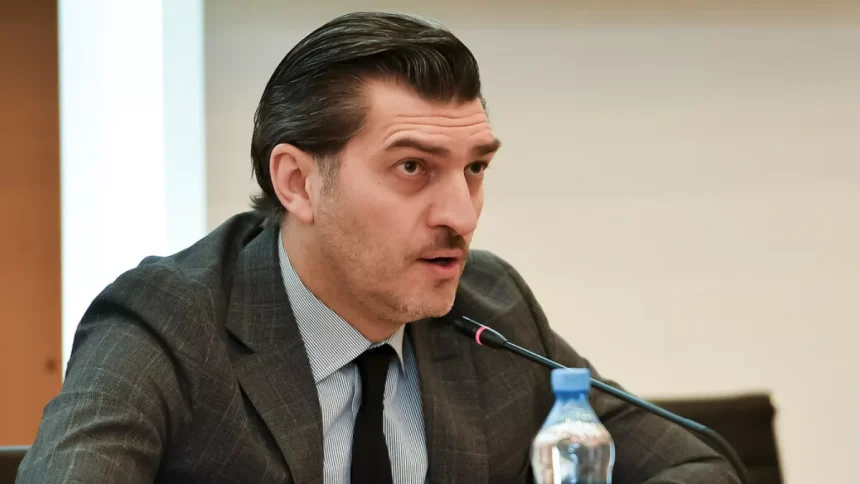In a move that has sparked outrage and intensified political tensions in Georgia, Mikheil Kavelashvili, a former professional footballer turned far-right politician, is poised to become the next president of the country.
His expected ascension comes via an indirect election orchestrated by the ruling Georgian Dream party, a process heavily criticized as “illegitimate” by pro-European Union leaders and opposition activists.
Kavelashvili, once a forward for Manchester City in the English Premier League, has traded his football jersey for the divisive realm of Georgian politics.
Known for his fiery speeches in parliament, often laced with expletives, and his staunchly conservative views, Kavelashvili has made headlines for his vocal opposition to LGBTQ rights and sharp criticism of government detractors.

The former athlete’s candidacy reflects a calculated move by Georgian Dream to consolidate power, as the party seeks a loyal figurehead amidst growing public dissent. Kavelashvili’s rise is emblematic of the party’s broader strategy to assert control over key institutions, a strategy facilitated by constitutional changes in 2017 that eliminated popular voting for the presidency.
READ ALSO: Access Bank to Acquire 100% Stake in South Africa’s Bidvest Bank
Kavelashvili’s expected appointment will be decided by an electoral college dominated by Georgian Dream. This system, introduced under contentious constitutional reforms, has drawn condemnation from opposition groups and civil society. Critics argue that the abolition of direct elections undermines democracy and strips the presidency of its legitimacy.
The timing of this development is particularly fraught. For weeks, thousands of protesters have taken to the streets of Tbilisi, denouncing the government for stalling EU accession talks and accusing Georgian Dream of steering the country away from its pro-European trajectory.

Many protesters view Kavelashvili as a mere puppet of billionaire Bidzina Ivanishvili, the founder of Georgian Dream and a shadowy figure often accused of wielding undue influence over the country’s political landscape.
Ivanishvili, for his part, has described Kavelashvili as “the embodiment of a Georgian man,” a phrase that resonates with the party’s conservative base but alienates progressive and pro-Western factions of Georgian society.
READ ALSO: U.S. President-elect Trump Criticizes Ukraine’s Use of U.S. Supplied Missiles to Attack Russia
Kavelashvili’s outspoken views have further polarized the public. Sporting a distinctive moustache and slicked-back hair, he has become a symbol of Georgia’s increasingly conservative and nationalist political climate. His controversial remarks about LGBTQ rights have raised alarm both domestically and internationally.
In one inflammatory statement, Kavelashvili accused Western nations of promoting LGBTQ “ideology” as part of a broader agenda to weaken traditional values, saying, “They want as many people as possible to be neutral and tolerant toward the LGBTQ ideology, which supposedly defends the weak but is, in fact, an act against humanity.”

Such rhetoric aligns with Georgian Dream’s recent adoption of Kremlin-style laws curbing LGBTQ rights, a move seen by critics as part of a broader shift toward authoritarianism and alignment with Russian interests.
Kavelashvili’s likely presidency comes at a critical juncture for Georgia. The country has long aspired to join the European Union, but recent actions by Georgian Dream have cast doubt on its commitment to democratic reforms and European integration.
The shelving of EU accession talks, coupled with the appointment of a controversial figure like Kavelashvili, has deepened the rift between the government and its citizens.
For many Georgians, the protests in Tbilisi are about more than just Kavelashvili; they are a cry for a future rooted in democratic values, human rights, and alignment with the West. His presidency, if realized, will likely face intense scrutiny and resistance from opposition groups and the broader public.

